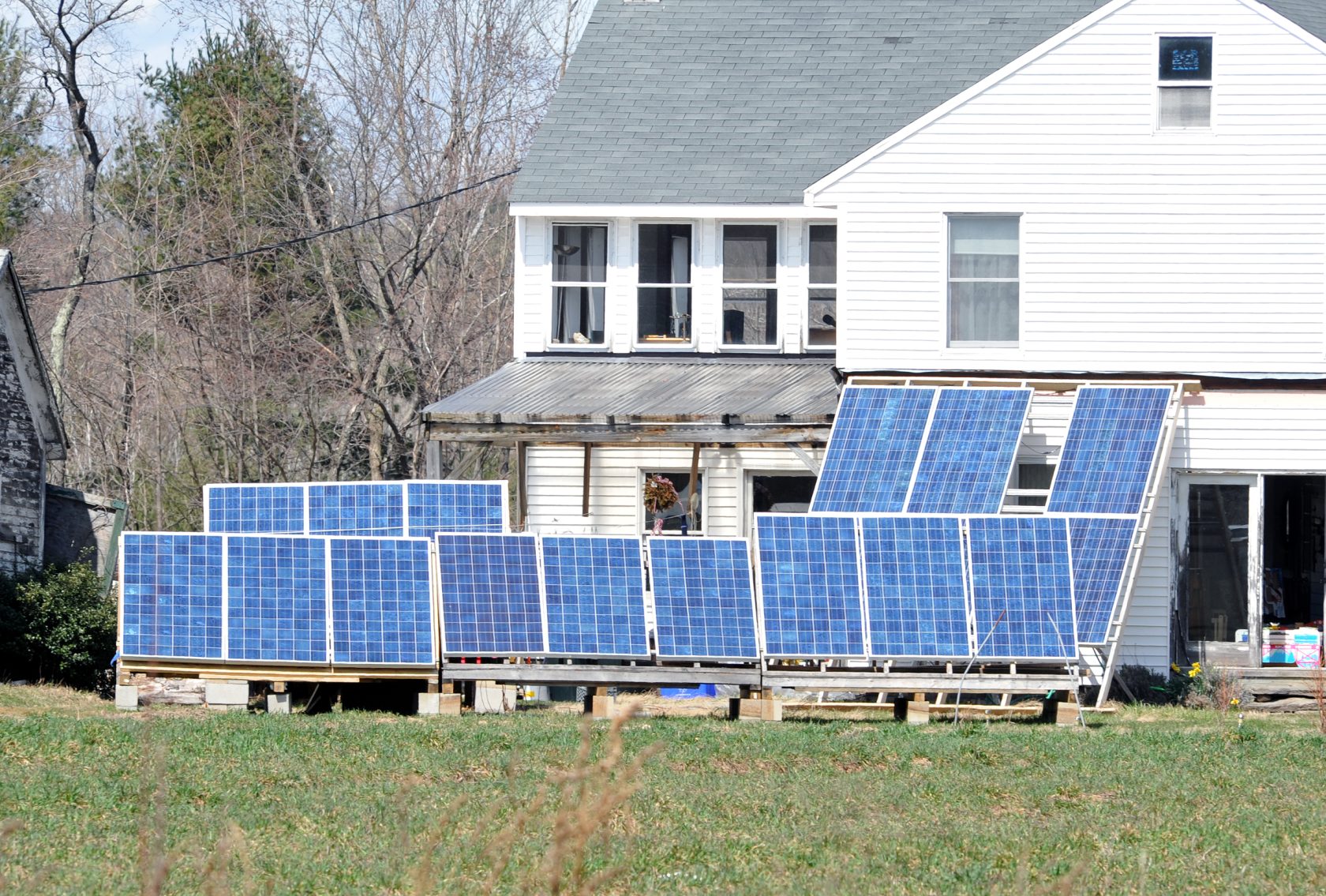STEVE LeBLANC, Associated Press
BOSTON (AP) — A group of 100 Massachusetts House lawmakers is urging legislative leaders to move quickly to get a key solar energy bill to Republican Gov. Charlie Baker’s desk.
The lawmakers sent a letter to House leaders Tuesday urging them not to cut “net metering” credits, a key element of the bill.
The bill proposes changes to the state’s net metering program, which allows electric customers and municipalities to sell excess solar power they generate back to the grid for credit.
Electric companies currently pay a retail rate for the excess energy. A proposed change would let them pay a much lower wholesale rate.
A six-member conference committee is currently working to hammer out a single compromise version of separate bills approved by the House and Senate.
State Rep. Cory Atkins, one of the lawmakers who signed the letter, urged quick action.
“We have been contacted by many constituents concerned that reducing the retail net metering credit rate will do irreparable harm to many solar projects in the state,” the Concord Democrat said in statement.
The letter is part of a renewed push by supporters of solar power.
On Monday, dozens of Massachusetts mayors and town managers warned that the proposed change to a lower wholesale net metering rate could jeopardize planned municipal solar projects across the state.
Democratic Newton Mayor Setti Warren said the change could wipe out most of the $4 million the city hopes to save over 20 years by leasing 13 municipal sites to a solar developer.
The net metering question is one of the thorniest parts of the energy bill.
The Massachusetts House and Senate both approved separate bills that would have raised existing caps on the net metering program. Activists said 171 communities across the state that reached the cap and some larger solar projects have stalled without access to the guaranteed revenue.
The two chambers split on the question of how much utilities should have to pay for excess solar power.
The Senate bill directs the Department of Energy Resources to create a new solar incentive program when the state reaches its 1,600 megawatt goal of installed solar capacity.
The House bill reduces the amount of money paid by utilities to solar energy producers from the higher retail rate to the lower wholesale rate.
The state’s utilities oppose keeping the higher retail rates.
They’ve also argued against lifting the existing net metering caps, arguing that customers without solar panels are helping foot the bill for those who use net metering, saying that they’re not helping cover the cost of the wires and poles they are using to send power back to the grid.


